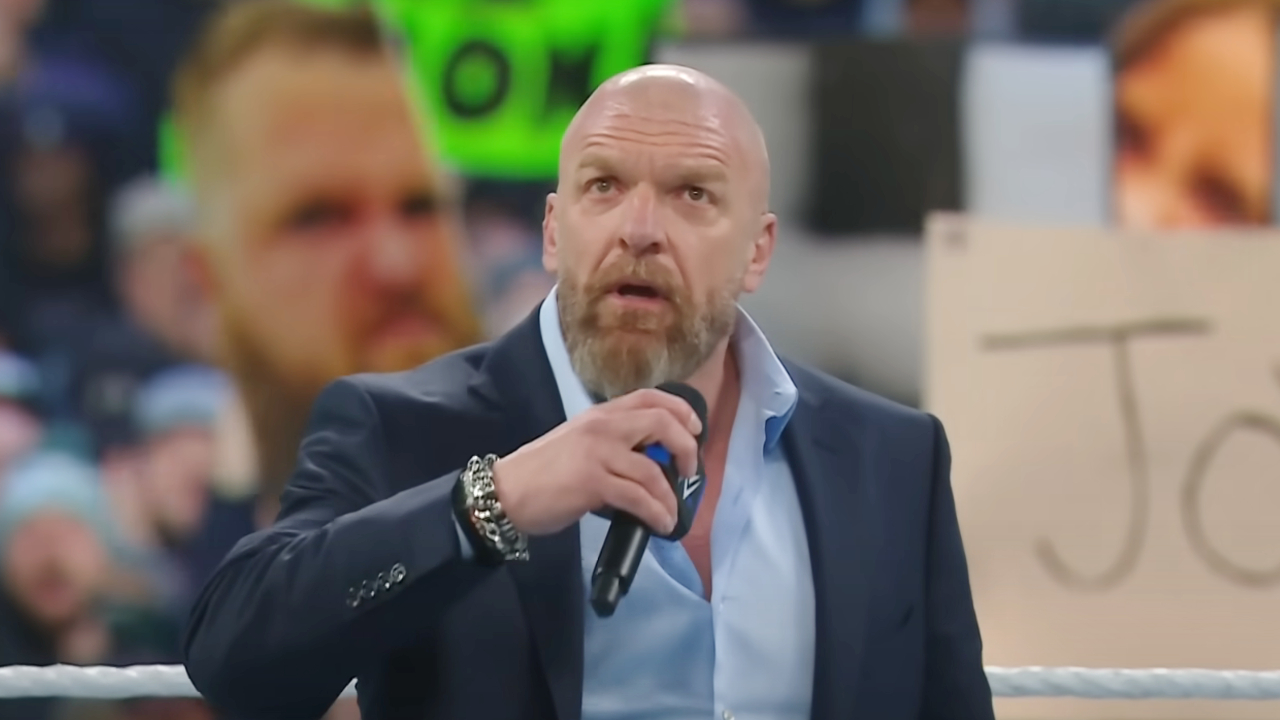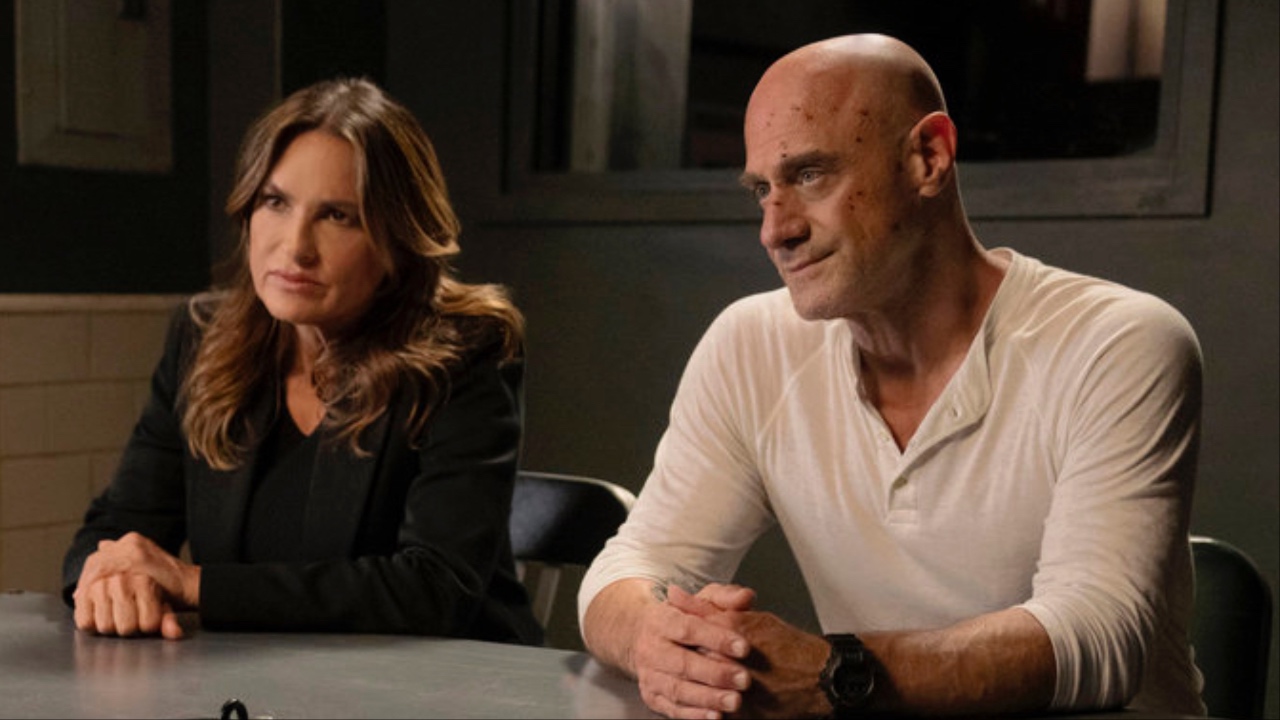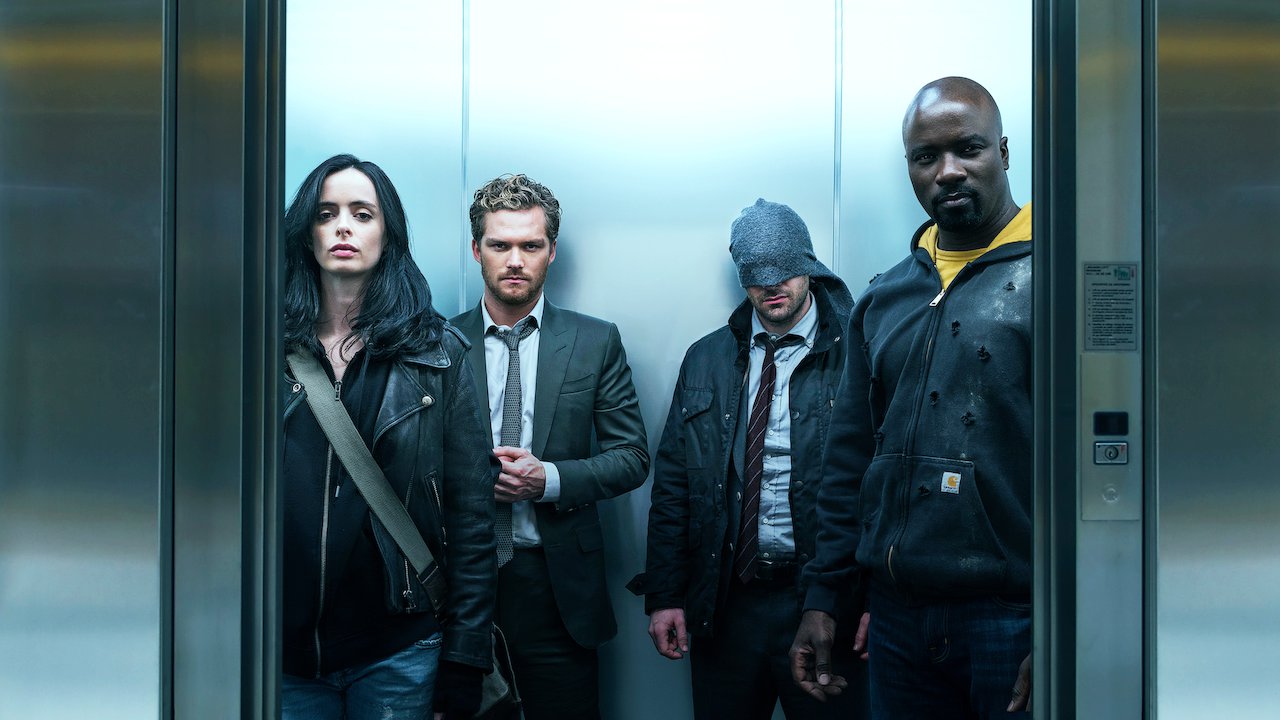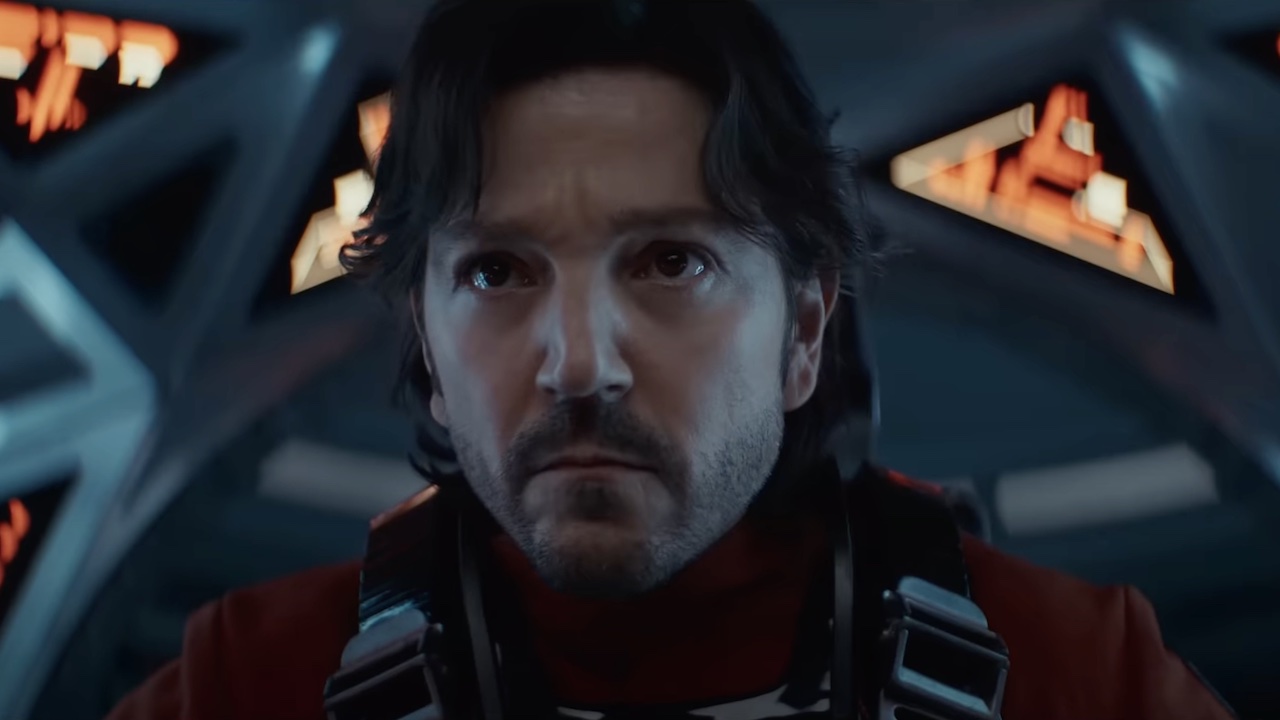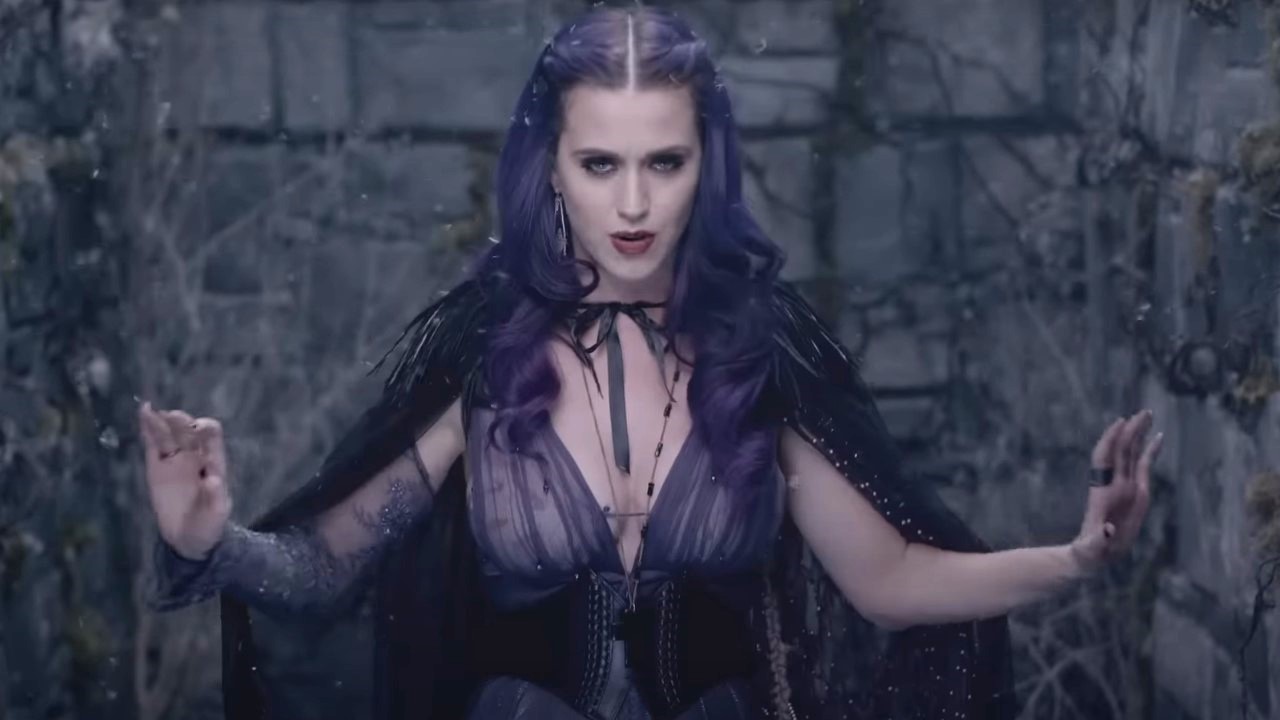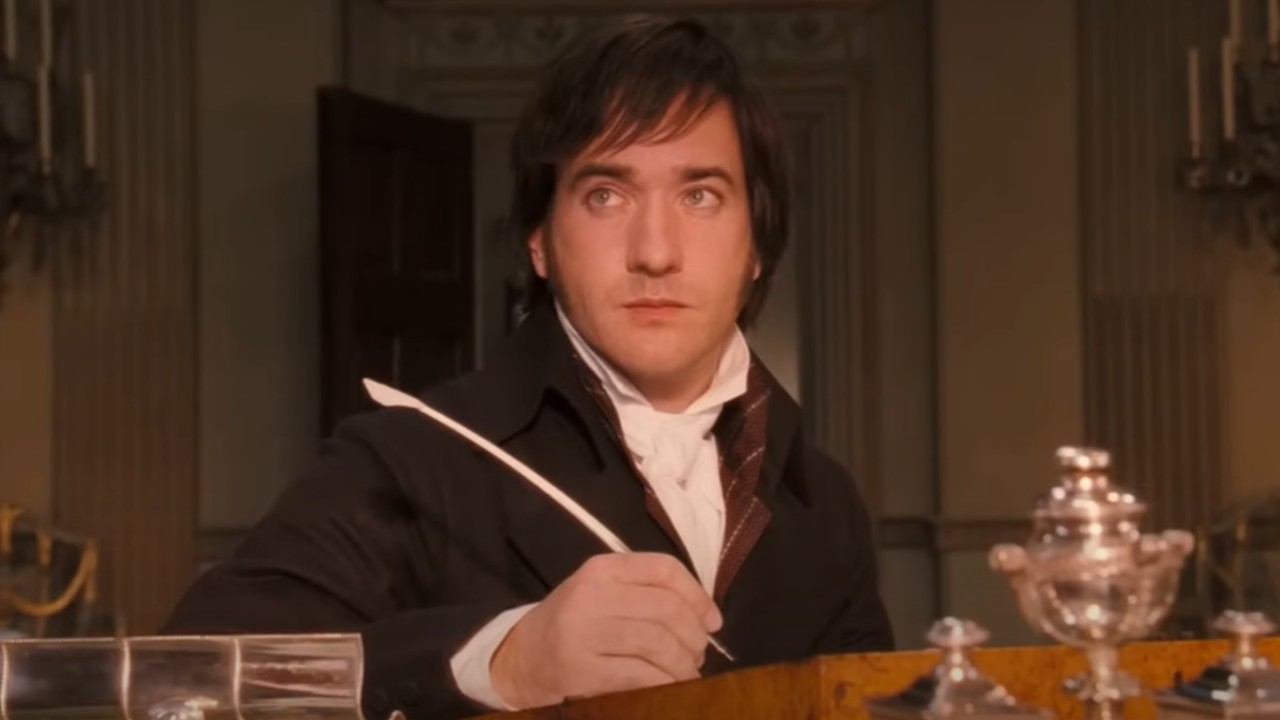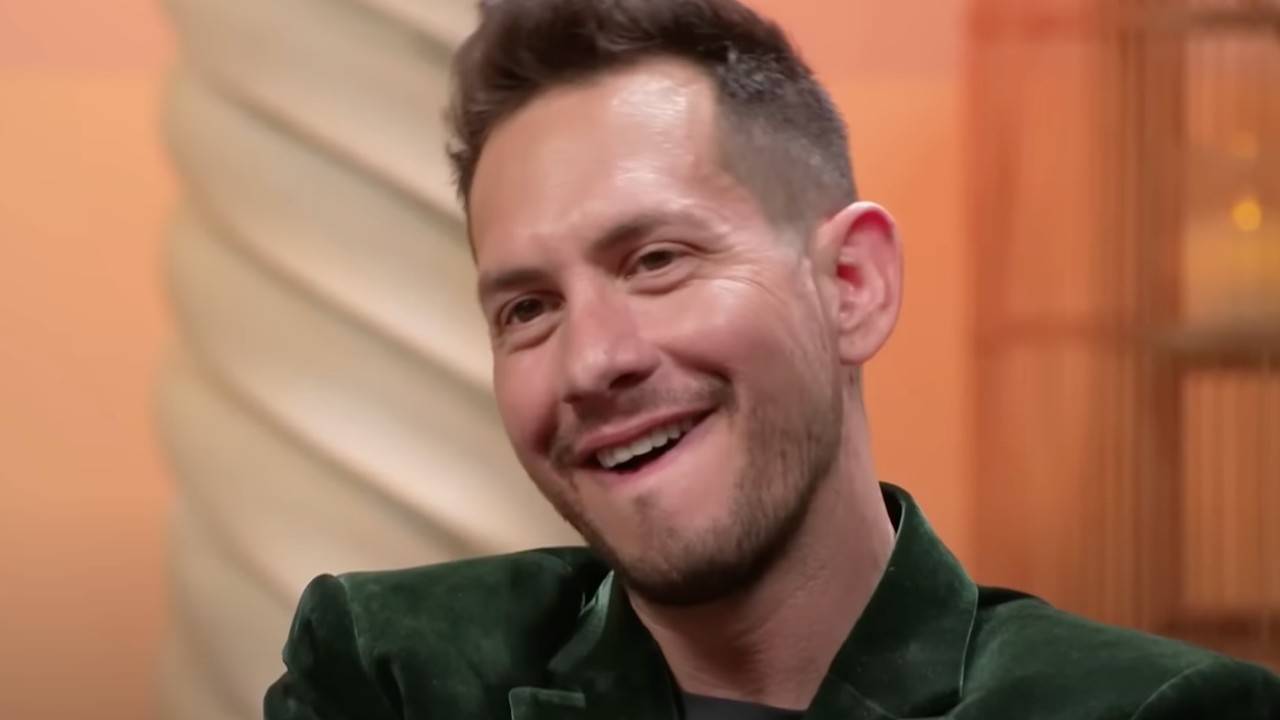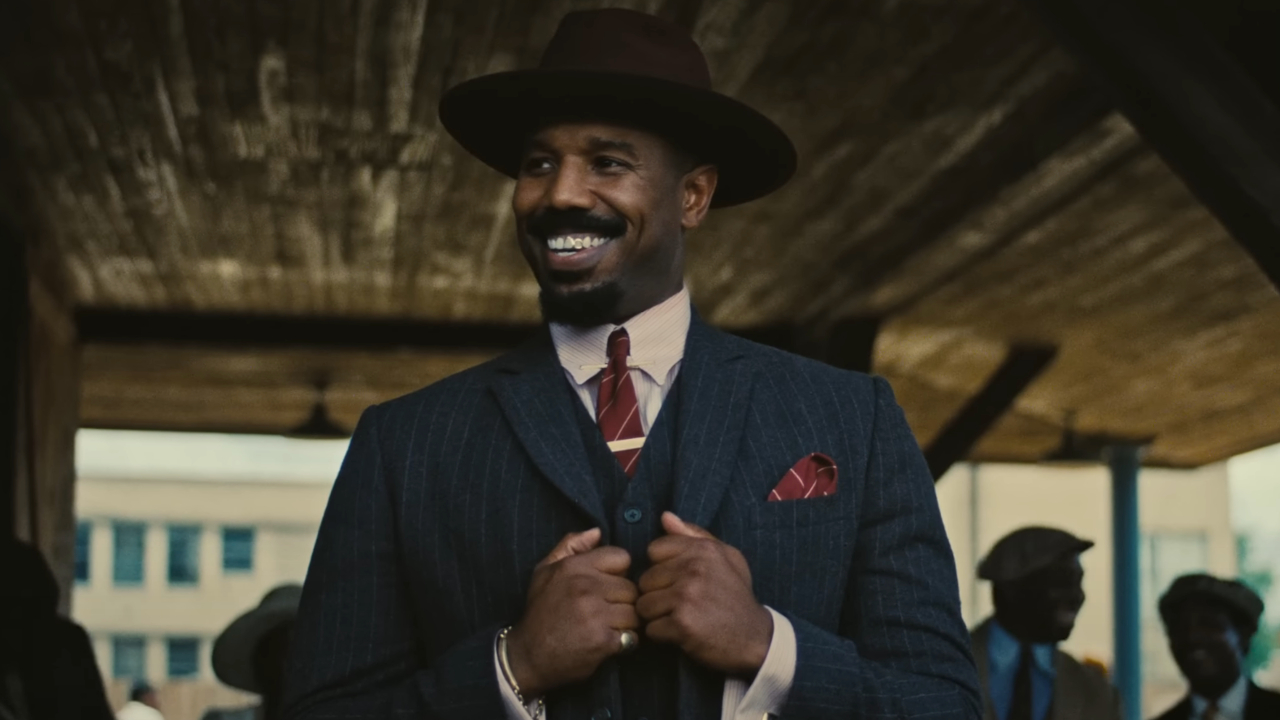Interview: Eli Roth Talks About The Horror Experience And The Last Exorcism
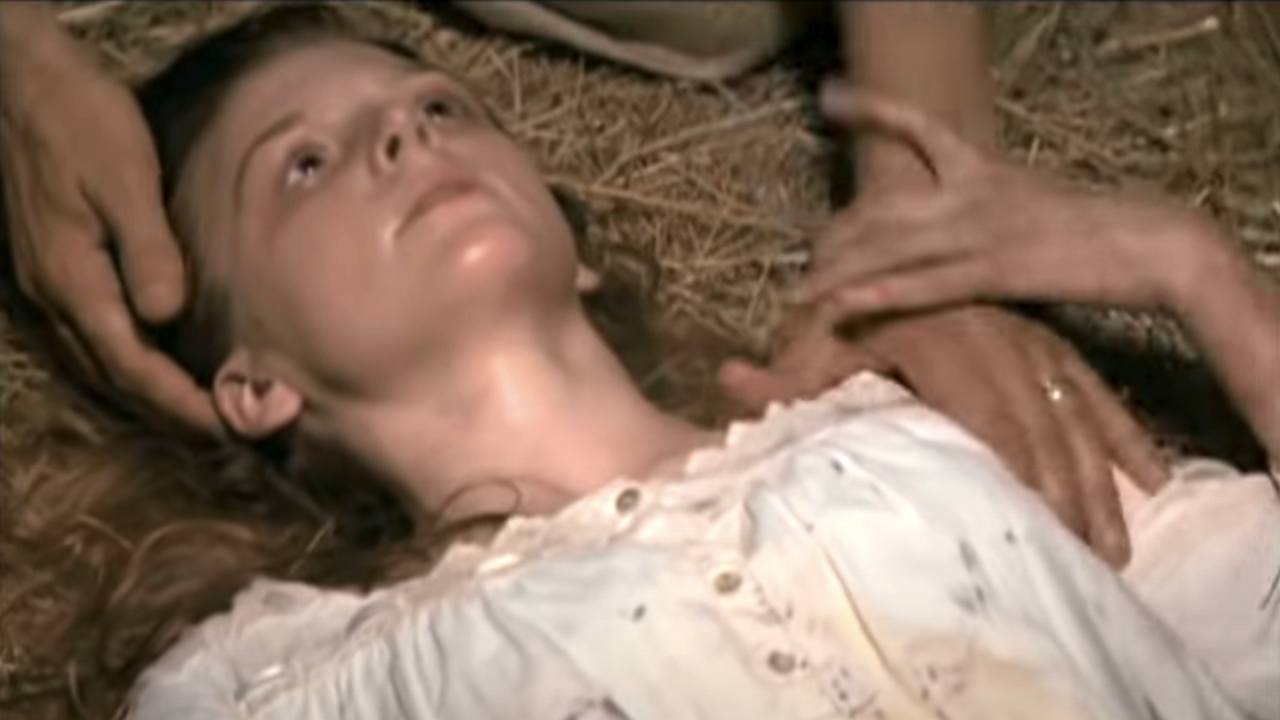
Eli Roth isn’t just a director who makes horror films. Rather, he is a student of the horror genre with an encyclopedic knowledge. Since breaking out with Cabin Fever in 2002 and Hostel in 2005, he has used the medium to express both his passion and his vision. But does he still get scared?
While promoting The Last Exorcism, I got the chance to sit down with the director one-on-one and talk about the law of diminishing returns as it applies to horror, whether its possible to become desensitized to film and what it was like working with nascent director Daniel Stamm on the project.
It’s well established that you are a huge fan of the horror genre, so I’m wondering if you’re still scared by horror films?
Yeah! Definitely, I love it when I get scared. I got a DVD of Paranormal Activity when I was in Berlin for the Inglourious Basterds and someone said, “You’ve got to see this!” An I watched it and it freaked me out and I was sleeping with the lights on. And I gave it to Quentin [Tarantino] and asked him, “What did you think?” And he said, “I slept with the lights on!” I just get that charge, I love that. When I see a movie that can freak me out today, when I was a kid, I just love it. It’s exciting to me that I can still get scared by movies like.
Do you still get scared by movies that scared you when you were a kid?
The one negative to horror is that it’s always law of diminishing returns. When you go in the funhouse, the ride is never scary the second time. You will never have that pure experience as when you first watch it. Which is why I think it’s terrible if people want to read the script, you should really wait until after the movie’s out before you hunt down the script or what not. You’re denying yourself the pleasure of experiencing it for the first time. That’s the purest scare you will ever have. And so what happens is, over the years, if you look at the end of the decade there will often be a “Ten Scariest Movies of the Decade.” Almost always the scariest ones have come out in the last year, because people go back and they watch something from 2001 and they go, “Oh, it wasn’t that scary,” but they’re not judging by how scared you were by the first time you saw it.
A comedy can actually get funnier and funnier. Even though you know the joke, you enjoy it so much, it’s the facial expression, you laugh. The laugh doesn’t wear off. It could be with you for thirty years. I will still watch The Three Stooges and laugh every time. But horror films, it’s the only genre that is never as potent as the very first time you see it. But that’s why you have to make a movie with other levels and other layers. And so when you go watch it again, you show it to your friends, you’re watching them get scared, but you’re seeing the craftsmanship, the different levels, you’re seeing the subtext, all the ideas that went into it. And that’s what makes horror films, at least for me, the movies you can watch over and over and over again.
CINEMABLEND NEWSLETTER
Your Daily Blend of Entertainment News
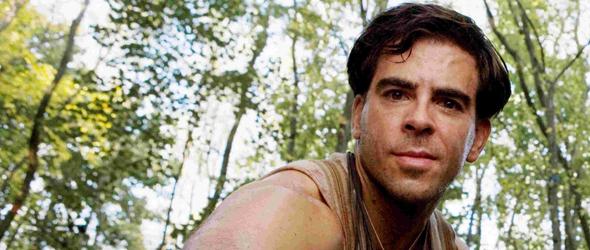
Do you think it’s possible to be completely desensitized to horror films? As in, at some point you watch so many horror films that you start to pick up on the musical cues that let you know when something’s going to happen.
No, no. I think that with a bad movie you can, when something’s not clever, and when something’s poorly done, that’s when you get desensitized. That’s being bored. When there’s a story and you don’t know where it’s going and you’re interested in the characters, then you’re watching it to see what happens next. It’s as simple as that. It’s just that when a lot of people make horror films don’t bother trying. They figure it’s a horror film, the only things that matter are the scares and the trailer moments, and that’s bullshit. It matters to me! And that’s why with The Last Exorcism we wanted a film that was truly a character piece and a psychological thriller. It isn’t about the scares. If you talk to [director] Daniel Stamm, his favorite director is Lars von Trier. And he approached it, not like a European art film, but as a von Trier movie, like he was making The Idiots. It’s all about the performance and that’s what I think makes the film great and stand out from others. People come out of it and think and go, “Oh, I didn’t think you could have acting that good in a horror film.” You treat it like a drama, it just happens to be a horrific story.
What do you think the documentary-style filmmaking adds to the film?
Well, I think it all depends on the story. I thought that Cloverfield was a brilliant version of a Godzilla movie done with first person, Paranormal Activity is a haunted house film reinvented from that point of view, and I think it’s perfect for this particularly story where we’re embracing it. You can’t use it as a gimmick, because audiences won’t go see it because of that. But I think when the filmmaker, like Daniel, really understands how effective it can be and how to make the most of it, then you can have something terrifying, going back to Blair Witch and Cannibal Holocaust and a very underseen film called Punishment Park by Peter Watkins from 1971, which was in fact so powerful and so effective that the government banned it from being shown, there would be riots. Very anti-Vietnam film. It was amazing, people thought it was real.
The fun is when that fourth wall is removed and people don’t have the safety of makeup effects and the safety of knowing that it’s a movie, even though we know it’s a movie, it’s pretend. You really do get caught up in the realism and it feels like it’s really happening. So when Nell finally goes into her other state, you think, “Oh my God. Either his is what it really looks like when someone’s possessed or this girl is having a true psychotic break.” But either way this reverend can’t handle it, he needs to get her to get her to stop or the father is going to shoot her. And that’s where the tension now lies, it’s not even about whether she’s possessed or not. It’s about getting her to stop. So I thought that Daniel did such a great job developing the characters before the shit hits the fan, so when it does we know where everyone stands on everything.
Do you think you’d direct one of your own films in that style?
Well it depends on the script. I certainly would. I love it and it’s fun. But it all depends on the story. What I loved about this was, you don’t set out and say, “I want to make a docu-style film.” It was [producer] Eric Newman’s conception of doing a docu-style film of an exorcism that goes terribly wrong. And when he said that I was like, “Oh my God, that’s a great idea!” So it’s not like we had any great burning desire to do it in this format, it’s just so clever and smart and if really, really done right, could be very effective film on a low-budget where you just need great actors, you don’t need stars.
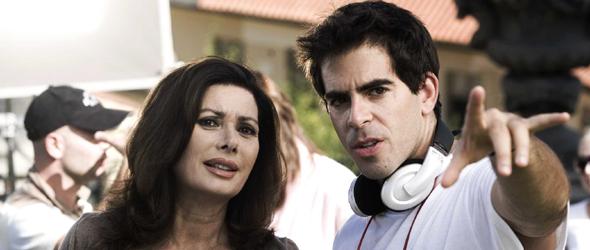
Before this film, Daniel Stamm had only directed one feature. What was special about him that made you choose him for this project?
Originally it was Huck [Botko] and Andrew [Gurland], the writers, that were set to direct and then their film The Virginity Hit got greenlit, which is terrific comedy from Sony, also in the same style. I loved their movie Mail Order Wife, which is also this movie people should seek out, it’s wonderfully demented. And we saw Daniel’s film, A Necessary Death, and thought, “My God, he really gets it.” But I also connected with Daniel in that we both went to film school, and Daniel had spent three years making a movie for $2,000 that he shot on weekends. You just have such instant respect for someone who’s that dedicated and A Necessary Death, even though it just made the festival circuit, was so creepy and so well done, the acting was so good, nobody in the movie feels like they are acting at all. And I thought that’s what we need - someone who truly understands the performance and isn’t out to make a horror movie, but just to tell a horrific story. And when I spoke to him on the film and I asked him how he was approaching it, he says that his favorite director is Lars von Trier. And he had seen The Exorcist movies so he didn’t want to take from any of those films, and because there’s possession there’s obviously crossover. I just loved his whole approach, just telling a story about these characters.
How closely did you work with him on the film and did you impart some of your experience?
Oh, absolutely. I’m there to give him the financial resources, but also as a creative resource. We really grilled it in the casting, because the whole movie was resting on these two characters and whoever he chose, we liked them, but I wanted him to really defend them, and explain why and why is this person better than that one. And he would say, “No, it has to be this, it has to be that,” and I had to feel that he was fully on-board, which he was. Once he started shooting it, the shoot turned out while I was in Cannes and actually pre-selling territory, so Daniel shot a one-minute teaser, it was sent to me in France, and I could take that and show that to a bunch of foreign buyers and then call him and the end of the day like, “We just sold Spain, we just sold South Korea…” even before the movie started he was like, “Oh my gosh.” I almost wanted to stop telling him how much or how well the teaser was selling because he’s now thinking about, “Oh my God, my movie’s going to be released in theaters in this country and Australia and New Zealand,” but I let him go.
We really gave him freedom to shoot the movie the way he wanted on set and, it just so happened that I was in Cannes with Basterds when they started, and by the time I wrapped up everything he was about halfway or two-thirds through the shoot, and I thought I could come to New Orleans for the second half, the tail end of this, but they had such an intimate vibe on set and I was watching all of the dailies online, everyday I’d watch the dailies, and I could make notes and suggestions. He was doing such an amazing job I said the best thing I could do was stay out of his way. And then I let him cut until he found the movie and then I would go in and make suggestions but then, kind of around September I got really involved in the editing room with him sitting down side-by side really as a director. He could turn to me and say something about this scene isn’t working 100%, it was there in the writing, it was there in the performance, something in the editing is a bit off. And having cut a torture scene in Hostel fifty times before it was scary or effective, I could say, “I know exactly what you’re doing, trust me, I’ve been down this road ten times. Try this, this, this, this,” and he’s like, “Oh yeah! That’s exactly what I wanted! I get it!” I was saying, “This scene isn’t working because three scenes earlier you’re giving away what’s happening,” and he’d say, “Oh my God, I never thought of that.”
I could be a fresh, outside point of view that he trusted and then we kind of wrote new scenes and did a night of re-shoots, just to help. We could see what was working, we needed to strengthen what were the strongest elements of the film, and I was there for that, which we shot in California. But my job was to stay away when was necessarily, and also to be there for him when was necessary. Also, to know that this could be done in the amount of time that we had, we were working on a low budget so when we say we have seven days to mix, directors get three weeks. And I’d say, no, no, no, I had seven days on Cabin Fever, don’t worry, we can do it and here’s how. Having been through that low-budget process with him was really helpful for him to go, “Okay, yeah. If he likes this we can do it, let’s do it,” and I could help guide him through and he did a magnificent job.

Eric Eisenberg is the Assistant Managing Editor at CinemaBlend. After graduating Boston University and earning a bachelor’s degree in journalism, he took a part-time job as a staff writer for CinemaBlend, and after six months was offered the opportunity to move to Los Angeles and take on a newly created West Coast Editor position. Over a decade later, he's continuing to advance his interests and expertise. In addition to conducting filmmaker interviews and contributing to the news and feature content of the site, Eric also oversees the Movie Reviews section, writes the the weekend box office report (published Sundays), and is the site's resident Stephen King expert. He has two King-related columns.
